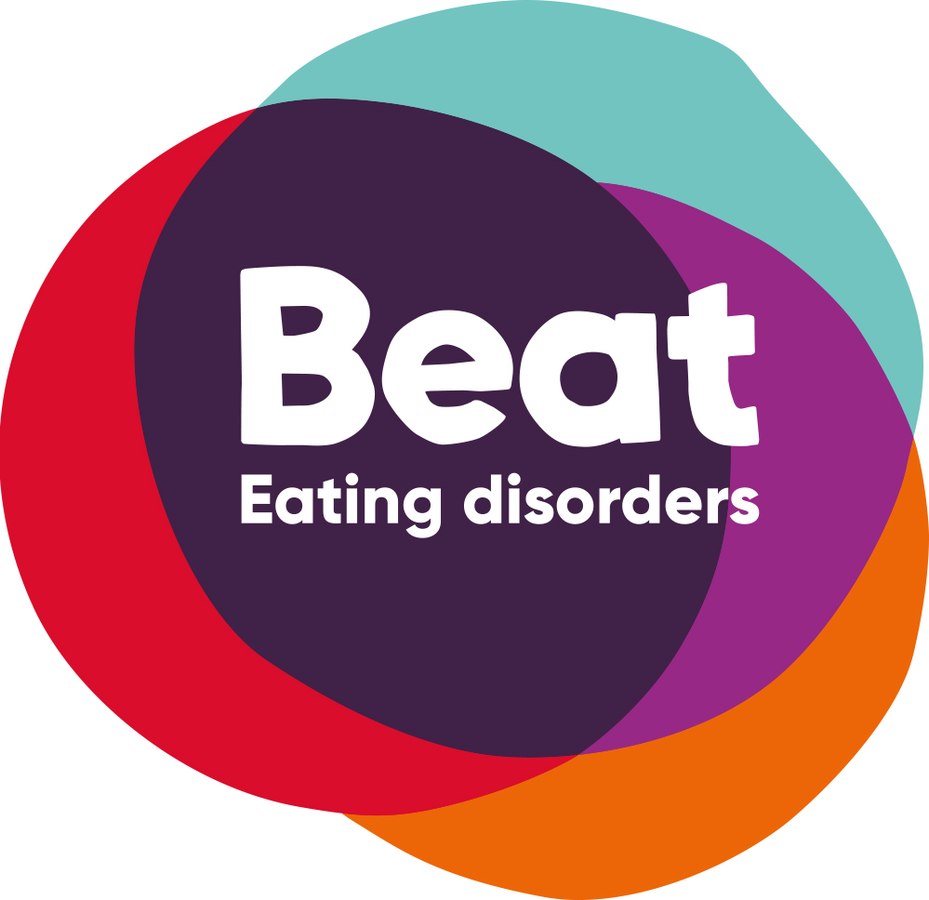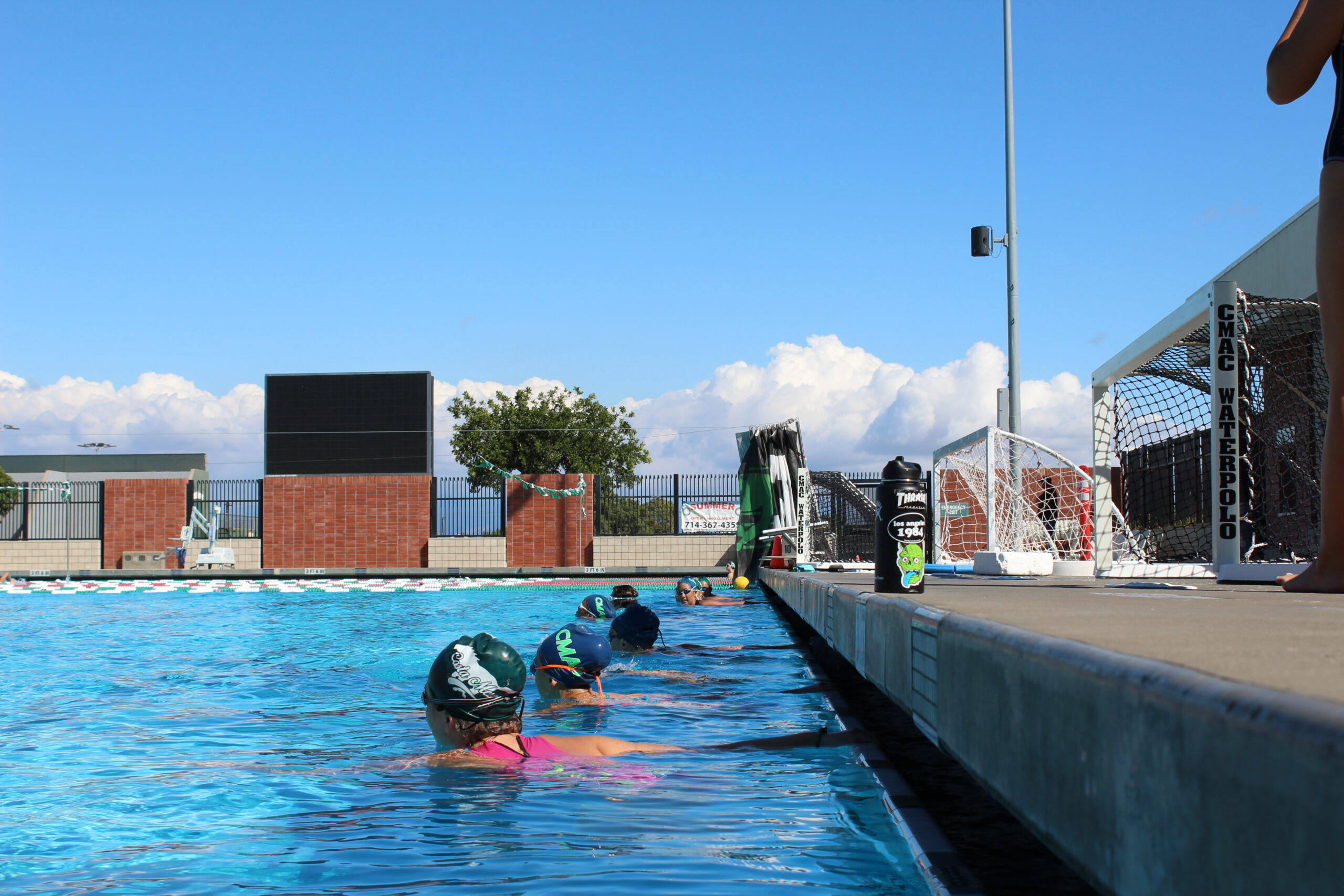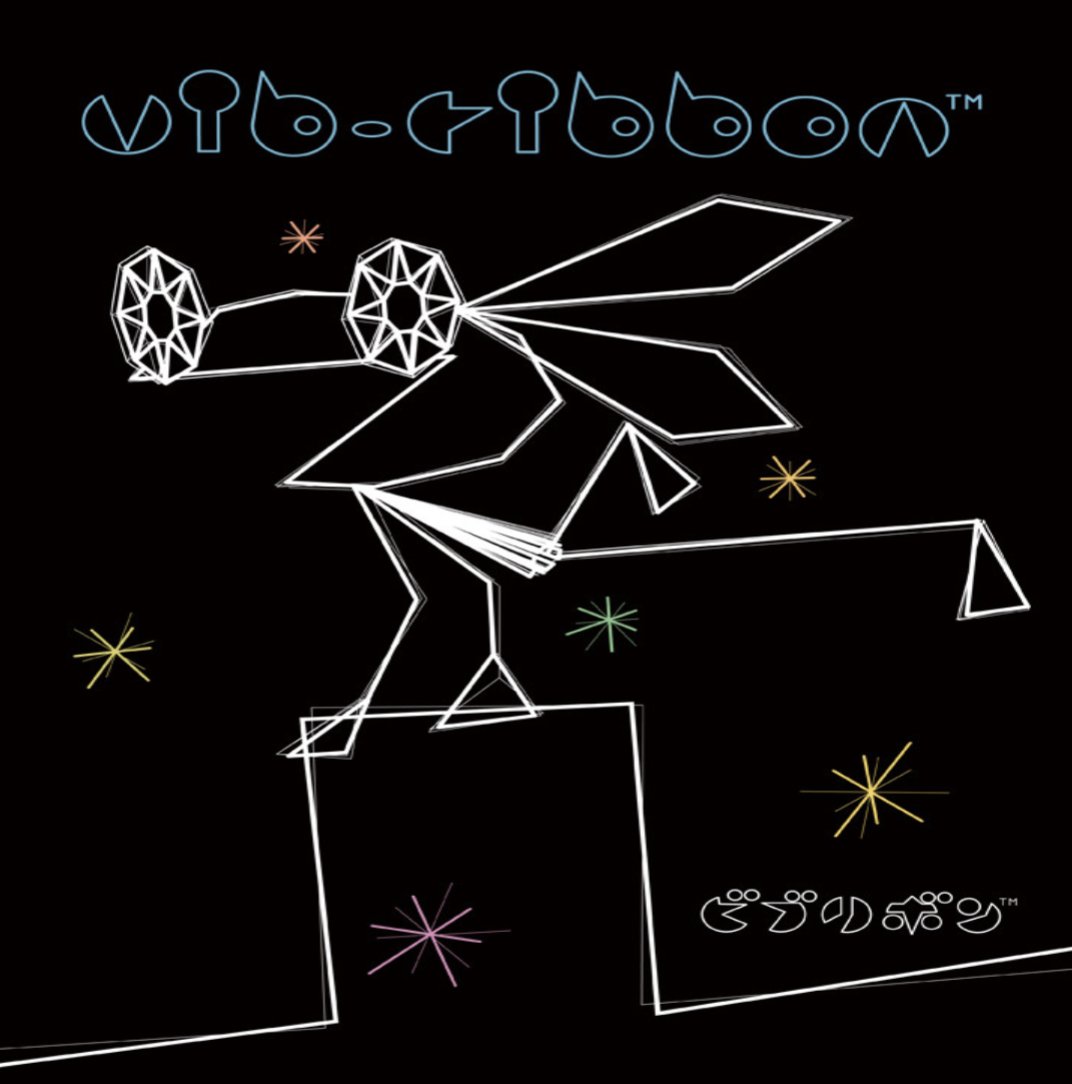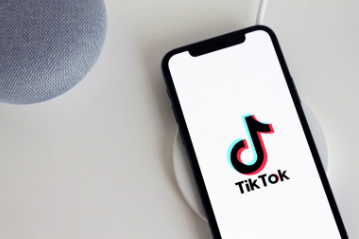As teenagers, we are constantly living in a virtual, social media-submerged bubble of Instagram posts and TikToks. While we all scroll mindlessly through explore pages, we are exposed to images of these unrealistic body types, faces, and lifestyles. There is an extremely damaging impact on us as young teenagers when we see things that we don't have, and strive to mirror whatever it is that is so unattainable. Whether it be the perfect body or facial features, we always find a way to compare ourselves to these things.
However, one of the biggest issues is that the content you see on social media is usually all fake, photoshopped, or posed a certain way. It seems as though the minute there’s a post we see of some beautiful model or celebrity, we think “why don’t I look like that?”
And the answer, honestly and bluntly, is that no one looks like that. And even if they did, why should that make your value any less?
Yes, the whole “love yourself” and “you’re unique” thing spewed at us by our parents are cliche, predictable, and sometimes not helpful at all. But there is a reason why we are told these things. You cannot, and will never look like that instagram model or famous athlete, because you are not them.
Once you begin to compare yourself to anything that isn't you, problems begin.
Eating disorders are a national issue as a direct result of body image, beauty standards, and toxic diet culture. According to the National Eating Disorders Association, 30 million Americans have suffered from an eating disorder in their lifetime. That, in itself, is 20 million women and 10 million men. It is a nationwide, as well as global epidemic that leads to far too many deaths annually. It is a perpetual cycle of mental distress, physical damage, and inevitable long-term consequences to your brain and body.
And we as teenagers tend to be the most vulnerable to falling victim, and suffering from it. We are young and impressionable, and sometimes will do whatever it takes to feel a part of this unachievable look.
With the body-positivity movement and more progressive changes in society regarding body image and appearance, there seems to be a hopeful step towards change. By promoting healthy relationships with food and self-esteem, inclusivity for all body shapes, sizes, skin colors, etc, we will be able to create a less toxic environment for young people all over the country.
Our differences should be celebrated!
Our bodies and our minds hold us to be our own individual selves, which is what makes us human. The way we look and think are beautiful in our own specific ways, that it would be criminal to submit ourselves to a homogenous archetype of unattainable personas that rarely exist outside of the virtual world.
Acknowledge the fact that the world is imperfect, and that if you can't change your appearance, you might as well accept you as you are. Embrace your flaws, spread kindness to others, and most importantly, be kind to yourself.



